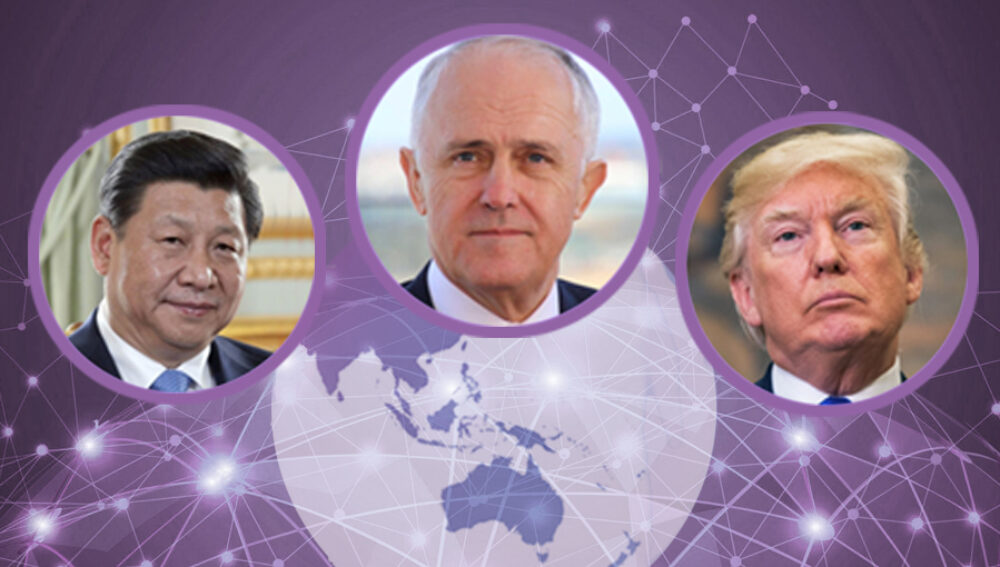IAN HALL |
The Sydney Morning Herald journalist Peter Hartcher recently opined that for all Donald J. Trump’s manifest faults, the President has done one good thing: he has ‘shocked’ Australia into thinking about foreign policy more intently than it has done for decades.
Hartcher has a point. Trump’s election has certainly generated a sense of urgency. There is palpable concern in Canberra that a Presidential misstep or misjudgement could cause a serious headache somewhere in the Indo-Pacific at some point during his term. But Trump is not the only factor driving the rethinking. The other is China. The question of how best to manage the challenges it poses is forcing the reconsideration of long-held assumptions, polarising Australian policymakers and analysts for the first time in a generation.
Economic engagement with China has unquestionably had positive effects, greatly improving the well-being of Chinese citizens, benefiting Western consumers, and enriching those with access to the Chinese market. But it is increasingly clear that twenty-plus years of economic engagement have not brought about political reform or a tempering of Chinese foreign policy.
For all intents and purposes, Australia has had a settled approach to China since the late-1980s, supported by a broad political consensus. Prioritising bilateral and multilateral economic engagement, using instruments like the Asia-Pacific Economic Cooperation (APEC) forum, it also seeks to avoid public spats with Beijing over contentious issues like human rights, Tibet or Taiwan, or China’s expansive territorial claims. The object of the exercise, so the prevailing wisdom goes, is to get the ‘economic relationships right’, because that will make the ‘politics easier in the long run’, by building diplomatic trust and – with luck – stimulating reform within China.
Please click here to read the full “Australia’s search for a China policy” article published at the IAPS Dialogue, written by Griffith Asia Institute member, Professor Ian Hall.








